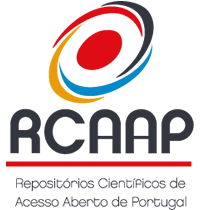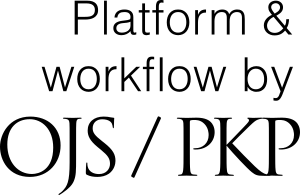Interindividual variability in platelet responsiveness: involvement of genetic factors
DOI:
https://doi.org/10.48797/sl.2024.175Keywords:
PosterAbstract
Background: Platelets not only play a pivotal role in haemostasis and are critical mediators of thrombosis, but also intervene during infection and inflammation, promoting leukocyte modulation, angiogenesis, and fibroblast proliferation [1,2]. Platelets response is very heterogeneous, with hyper-reactive platelets exhibiting a more procoagulant activity, releasing microparticles and amplifying proinflammatory states [3]. Genetically, platelets are highly polymorphic [3], being an important aspect to investigate the mechanisms underlying platelets hyper-responsiveness as well as their potential for predict the adverse/benefit effects associated with antiplatelet therapies. Objective: To investigate the functional relevance of platelet polymorphisms related to platelet reactivity analysing multiple parameters of platelet activation (PA). Methods: Genotypes and allele frequencies of platelet polymorphisms (PP) PlA and HPA-2 were determined in 49 normal individuals from the North of Portugal. To characterize PA profile in basal conditions and in response to physiological agonists, we have applied aggregometry and flow cytometry to assess a panel of biochemical markers including calcium mobilization, pro-coagulant activity, GPIIbIIIa activated and P-selectin expression, and platelet-leukocyte interactions. Results: The obtained allelic frequencies for PlA and HPA-2 polymorphisms do not differ from those found in Caucasian populations. Our results are consistent with the idea that the presence of HPA-2b allele of GPIba is related with a higher basal PA and hyper-reactivity. Presence of PlA2 allele of GPIIIa also seems to be related with a platelet hyperactivity profile. Conclusions: PP as genetic risk factors for thrombosis must be carefully addressed, however our data support that PlA and HPA-2 variants are relevant in variability of platelet responsiveness, namely via ADP, and thus, playing a role in thrombogenesis. A comprehensive insight into these intricate biological processes, need large genetic and epidemiological studies but, understanding the functional role of PP may give us tools to develop and apply inter-individually based therapeutic strategies in antiplatelet therapy schedules.
References
1. Rondina, M.; Zimmerman, G. The Role of Platelets in Inflammation. In Platelets, 4th ed.; Michelson, A., Cattaneo, M., Frelinger, A., Newman, P.; Academic Press, Elsevier, USA, 2019; pp. 505-522.
2. Battinelli, E. The Role of Platelets in Angiogenesis. In Platelets, 4th ed.; Michelson, A., Cattaneo, M., Frelinger, A., Newman, P.; Academic Press, Elsevier, USA, 2019; pp. 433-441.
3. Reiner, A.; Johnson, A. Platelet Genomics. In Platelets, 4th ed.; Michelson, A., Cattaneo, M., Frelinger, A., Newman, P.; Academic Press, Elsevier, USA, 2019; pp. 99-126.
Downloads
Published
How to Cite
Issue
Section
License
Copyright (c) 2024 Maria do Céu Monteiro, Luís Bernardo Pina-Cabral, Jose-Enrique O'Connor, António Almeida-Dias, Maria Begoña Criado

This work is licensed under a Creative Commons Attribution 4.0 International License.
In Scientific Letters, articles are published under a CC-BY license (Creative Commons Attribution 4.0 International License), the most open license available. The users can share (copy and redistribute the material in any medium or format) and adapt (remix, transform, and build upon the material for any purpose, even commercially), as long as they give appropriate credit, provide a link to the license, and indicate if changes were made (read the full text of the license terms and conditions of use).
The author is the owner of the copyright.









